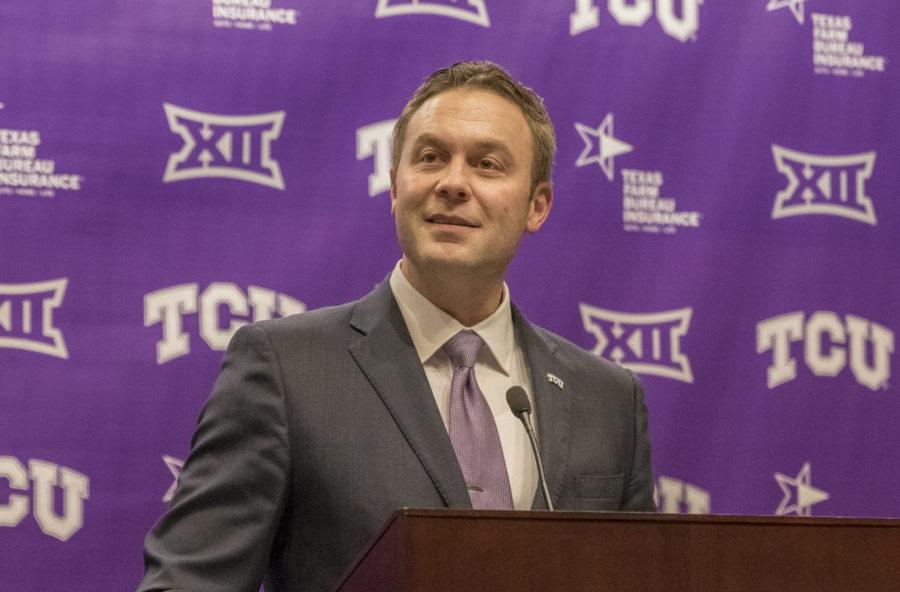The number of eating disorder cases at the university is higher than the national average for college campuses Shelley Long, a staff psychologist, said.
The number of reported eating disorder cases at the Counseling, Testing and Mental Health Center is 8.78 percent, Long said. The national average at universities is about 5 percent, Long said.
Long said the majority of students she has counseled did not have an eating disorder history before coming to the university. She said she believes the disorders develop out of the perceived standards of beauty at the university.
“TCU has this reputation for having beautiful women,” Long said. “I’ve had students tell me they’ve never struggled with body image issues or eating problems until they got here and saw everyone, and everyone’s skinny, fit and has a perfect body.”
Long said research shows that college campuses with more women than men have higher rates of eating disorders. The smaller pool of men at the university also creates a competitive atmosphere where women are competing for men, Long said.
“People get here and they feel this pressure to look a certain way and fit a certain mold, and they go to extreme behaviors to try and do that,” Long said.
Long said the counseling center is trying to lower the university's rate of eating disorders by promoting education, awareness and resources for students. Long said to improve the problem, students need to stop making fun of each other about weight and physical appearance.
“Stop putting this pressure on women and on each other to look a certain way,” Long said. “Stop talking crap about each other and stop putting each other down.”
Martha Moseley, a senior English major, struggled with anorexia nervosa for 12 years before deciding to seek help from the university's counseling center.
“When I got to TCU, it seemed that everyone had some odd eating habits, and nobody questioned if I didn’t eat my lunch or ate a very small breakfast,” Moseley said. “Nobody questioned how many times I went to the gym, and so I began to be able to hide it even better than I had in high school.”
Moseley said weight and diets were common conversation topics with her friends at the university.
“I became submerged in a culture where being thin was ok, and it didn’t matter what lengths I went through to do it because everyone around me was doing it as well,” Moseley said.
Moseley said she made the decision two years ago to confide in her parents about her eating disorder.
“By reaching out and telling someone about what you’re struggling with, I think is the biggest first step but also probably, for me, was the scariest thing,” Moseley said.
As a part of her treatment, Moseley said she began meeting with Long at the counseling center.
“I am the hugest advocate in the world for the TCU counseling center," Moseley said. "And I believe that we have some of the most incredible individuals who truly know what it means to go through an eating disorder and to get help.”
Moseley said her life is no longer focused on thoughts of food, calories, exercise and body image.
“My life has immense joy now that I didn’t have a year ago, and it is the biggest blessing in the world,” Moseley said. “It’s not always filled with roses, sunshine and laughter, but it is the best thing and the best decision I’ve ever made.”



